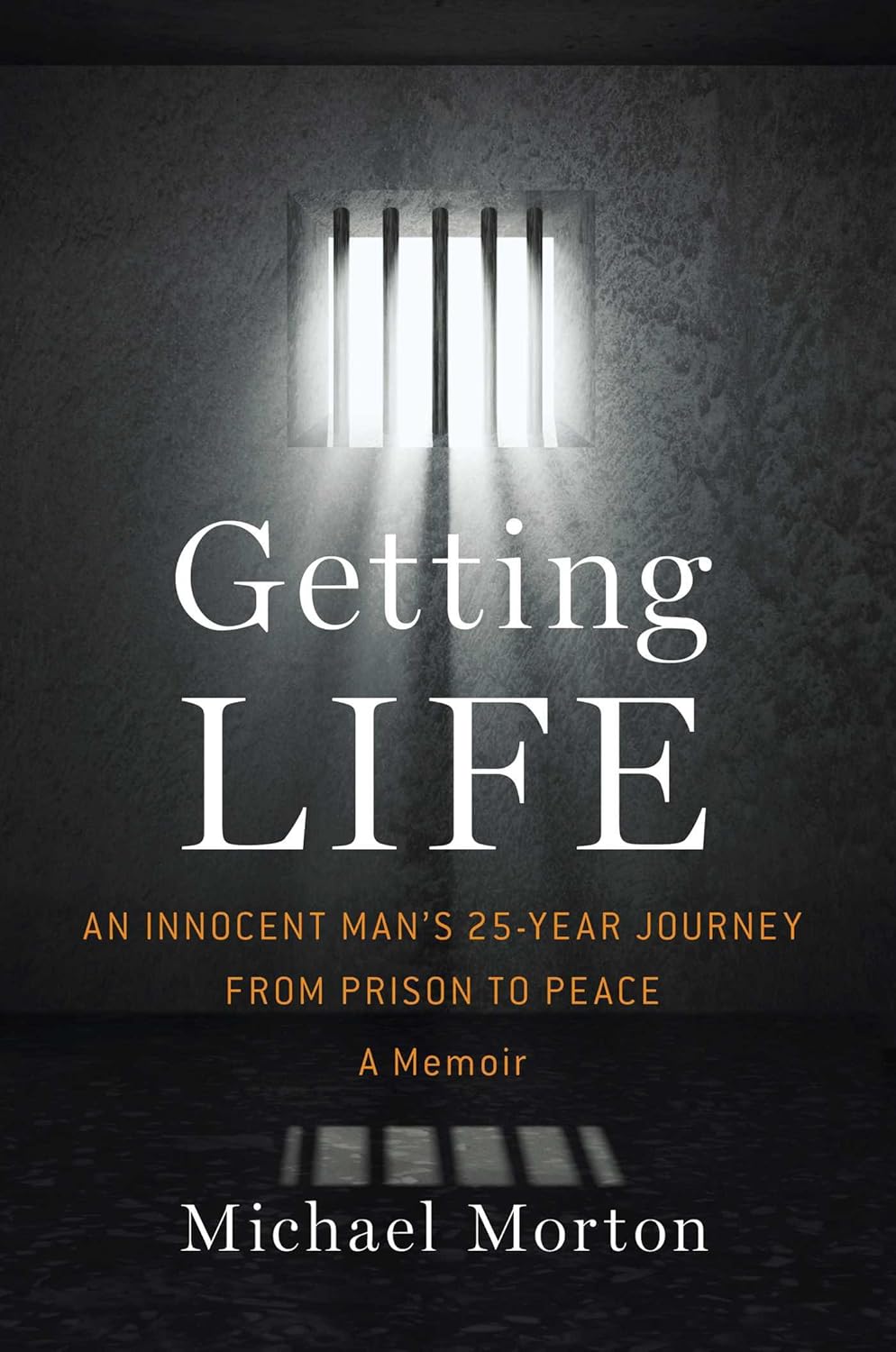
About the Book:
He spent twenty-five years in prison for a crime he did not commit. He lost his wife, his son, and his freedom. This is the story of how Michael Morton finally got justice—and a second chance at life.
On August 13, 1986, just one day after his thirty-second birthday, Michael Morton went to work at his usual time. By the end of the day, his wife Christine had been savagely bludgeoned to death in the couple’s bed—and the Williamson County Sherriff’s office in Texas wasted no time in pinning her murder on Michael, despite an absolute lack of physical evidence. Michael was swiftly sentenced to life in prison for a crime he had not committed.
He mourned his wife from a prison cell. He lost all contact with their son. Life, as he knew it, was over.
It would take twenty-five years—and thousands of hours of effort on the part of Michael’s lawyers, including the team at the New York-based Innocence Project—before DNA evidence was brought to light that would ultimately set Michael free. The evidence had been collected only days after the murder—but was never investigated.
Drawing on his recollections, court transcripts, and more than one thousand pages of personal journals he wrote in prison, Michael recounts the hidden police reports about an unidentified van parked near his house that were never pursued; the treasure trove of evidence, including a bandana with the killer’s DNA on it, that was never introduced in court; the call from a neighboring county reporting the attempted use of his wife’s credit card (a message that was received, recorded, and never returned by local police); and ultimately, how he battled his way through the darkness to become a free man once again.
Getting Life is an extraordinary story of unfathomable tragedy, grave injustice, and the strength and courage it takes to find forgiveness.
My Comments:
How often have you heard it? "The crook got off because of a technicality!". We consider that to be a bad thing--after all, the %$##&*& was clearly guilty and the police and prosecutors did what they were supposed to do--they tried to put the creep away for a long time. Michael Morton was clearly guilty in the eyes of the district attorney who prosecuted him. The prosecutor got him put away for life for killing his wife. The only problem is that Morton didn't do it.
There is a case called Brady vs. Maryland which says that prosecutors have to turn exculpatory evidence over to the defense. In other words, if they interview me and I tell them a story they don't want to hear, one that puts the accused somewhere else, or that describes the perpetrator in such as way that it couldn't be the defendant, the prosecution has to give that evidence to the defense. Of course the hitch in that system is that either the defense has to know the evidence exists or the prosecution has to volunteer its existence. While I am sure that most prosecutors do their duty and turn over evidence as required, I also know that Brady violations are a favorite appeal ground for defendants. Sometimes prosecutors and defense attorneys have honest differences of opinion regarding whether certain evidence is exculpatory; other times prosecutors honestly forget about something and then there are the times when prosecutors don't want some stupid thing that they don't put any stock in blowing a reasonable doubt in their airtight case. They "know" they are right and don't want anyone to get off on a "technicality".
This is Michael Morton's story. Morton was a man who loved his wife and his three year old son. He left for work one day and came home to police tape around his house and a dead wife. It wasn't long before he found himself a suspect and then convicted. He was sent to prison but never lost hope and finally, after twenty-five years, Morton was released because it was apparent that the prosecutors hid evidence that could have cleared him--and pointed them to the real killer.
I found the book to be an engaging read and a reminder of why people like my boss are so necessary in this world (I'm a paralegal and one of the attorneys for whom I work does criminal defense work). While I think our criminal justice system is one of the best in the world, it is administered by people, sometimes people who are more interested in their own public image than in the truth and I admire Morton for being able to come out of that system with his humanity intact.
I'd like the thank the publisher for making a review copy available. I was not obligated to write a positive review. Grade: A.
No comments:
Post a Comment